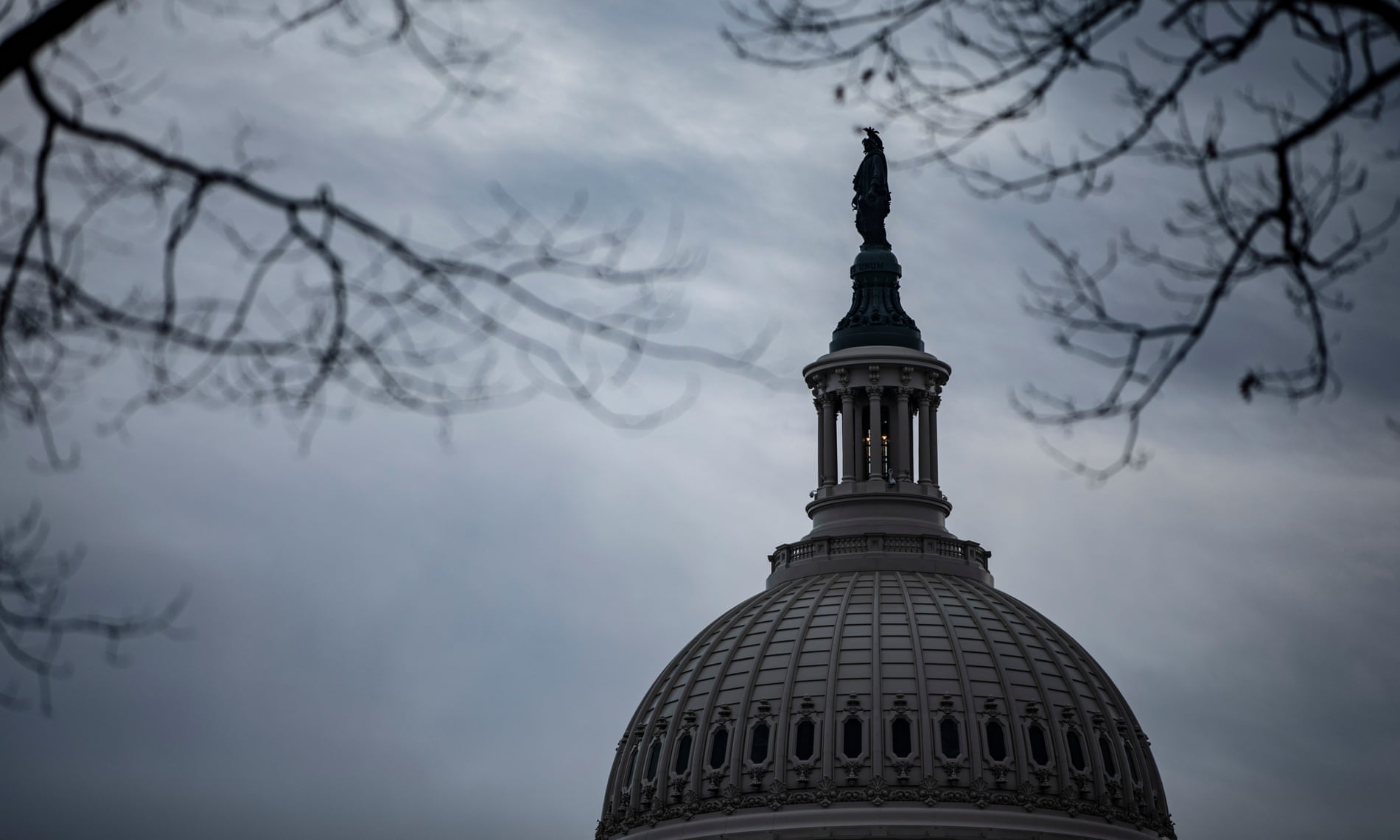‘Encryption is deeply threatening to power’: Meredith Whittaker of messaging app Signal
The Guardian
The woman in charge of the secure communication channel remains implacably opposed to the ‘disease’ of surveillance – and concerned about the sharing of personal data.
(Text continues underneath the photo.)

Meredith Whittaker: ‘We will hold the line.’
Surveillance, she says, was a “disease” from the very beginning of the internet, and encryption is “deeply threatening to the type of power that constitutes itself via these information asymmetries”. All of which means that she doesn’t expect the fight to end any time soon. “I don’t think these arguments are in good faith. There’s a deeper tension here, because in 20 years of the development of this metastatic tech industry, we have seen every aspect of our lives become subject to mass surveillance perpetrated by a handful of companies partnering with the US government and other ‘Five Eyes’ agencies to gather more surveillance data about us than has ever been available to any entity in human history. (...)
The criticisms of encrypted communications are as old as the technology: allowing anyone to speak without the state being able to tap into their conversations is a godsend for criminals, terrorists and paedophiles around the world.
But, Whittaker argues, few of Signal’s loudest critics seem to be consistent in what they care about. “If we really cared about helping children, why are the UK’s schools crumbling? Why was social services funded at only 7% of the amount that was suggested to fully resource the agencies that are on the frontlines of stopping abuse?” (...)
“Signal either works for everyone or it works for no one. Every military in the world uses Signal, every politician I’m aware of uses Signal. Every CEO I know uses Signal because anyone who has anything truly confidential to communicate recognises that storing that on a Meta database or in the clear on some Google server is not good practice.” (...)
Tags: #messaging #messaging_app #message_app #whatsapp #signal #facebook #meta #google #alphabet #privacy #surveillance #mass_surveillance #surveillance_capitalism #surveillance_advertising #privacy #data #data_mining #personal_data



